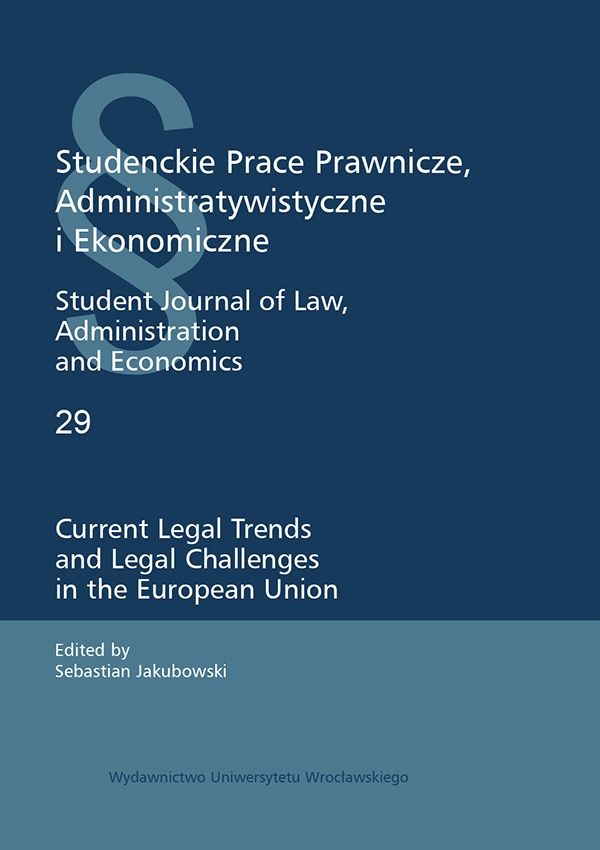

Scientific Articles

The paper concerns the analysis of the possibility for classifying the Internet as a public place, which is of extraordinary legal significance with regard to the fulfilment of the criteria of many prohibited acts. Such a statement was presented by the Supreme Court of the Republic of Poland in its judgment of 17 April 2018, case ref. no. IV KK 296/17. This paper attempts to assess the standpoint of the Supreme Court of the Republic of Poland and the way it is reflected in various factual situations. To determine whether the Internet can constitute a public space in the sense of criminal law, several factors must be indicated, including, first of all, the application of an appropriate interpretation of the norms of criminal law.
Internet jako miejsce publiczne popełnienia przestępstwa — uwagi na tle wyroku Sądu Najwyższego z dnia 17 kwietnia 2018 roku, sygn. akt IV KK 296/17
Artykuł zawiera analizę możliwości zakwalifikowania Internetu jako miejsca publicznego, co ma swoje doniosłe znaczenie prawne dla spełnienia znamion wielu typów czynów zabronionych. Taką tezę zaprezentował Sąd Najwyższy w wyroku z dnia 17 kwietnia 2018 roku sygn. IV KK 296/17. Niniejszy tekst to próba oceny stanowiska Sądu Najwyższego oraz jego przełożenia na różnorakie stany faktyczne. W kwestii tego, czy Internet może stanowić miejsce publiczne w rozumieniu prawa karnego, trzeba wskazać na kilka okoliczności, przede wszystkim na zastosowanie właściwego sposobu wykładni norm prawa karnego.